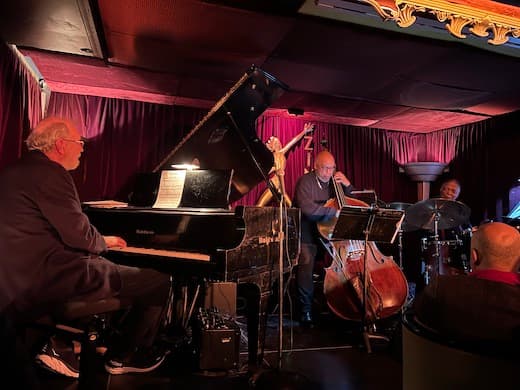
An American Hostage the Taliban Won’t Admit Exists
By HOLLIE McKAY
|The show underscored that he’s a fantastic player, a gifted composer, and leads a terrific trio with two celebrated sidemen, bassist Santi Debriano and drummer Billy Hart.

Already have a subscription? Sign in to continue reading
$0.01/day for 60 days
Cancel anytime
By continuing you agree to our Privacy Policy and Terms of Service.

By HOLLIE McKAY
|
By HOLLIE McKAY
|
By LAWRENCE KUDLOW
|
By HOLLIE McKAY
|
By JOSEPH CURL
|
By THE NEW YORK SUN
|
By A.R. HOFFMAN
|
By JOSEPH CURL
|